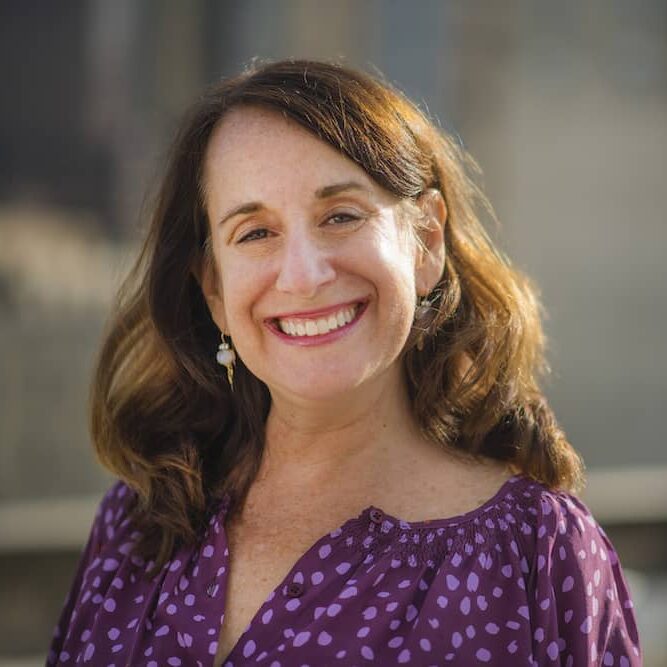Dear readers,
The story of Ben Rosenthal’s death last year is not mine to tell.
For starters, I never met the 26-year-old from Marin County, California. I never watched him excel on a lacrosse field. And I wasn’t lucky enough to have read the screenplays and novel he was always writing, or to have heard how he laughed.
It would be easy to reduce Ben’s life to his jump off the Golden Gate Bridge last August — as if the four seconds it took to hit the water say more about him than his two and a half decades as a son and brother, an elite athlete and gifted writer.
But stories don’t work like that, at least not true ones.
A journalism fellowship I was awarded last week by the Carter Center and Reveal from the Center of Investigative Reporting is named after Ben. In his memory, I will be working over parts of the next year to, as the Carter Center puts it, “help dismantle through storytelling the stigma that millions of people face every day.”
Coverage of such stories can be an ethical minefield. The Centers for Disease Control and other medical authorities urge the media to downplay coverage of suicides for fear they will prod “copycats” to take their own lives. Those admonitions have kept mental health crises in the realm of disinformation and whispers, if they are even discussed at all.
That silence worries me, especially in Colorado, a state with one of the highest suicide rates and where mental health services have been decimated by budget cuts. It is even more troubling now that federal unemployment stipends are set to end, scores of renters are about to be evicted and we brace for a second COVID surge, along with the economic and emotional fallout that are likely to come with it.
Ben’s father, renowned investigative journalist and former Reveal Executive Director Robert Rosenthal, is a big believer in shining light into dark places. But, as he and his family have learned, sometimes no amount of light can make you see darkness in the people you love most.
As he tells it, he and Ben’s mother Inka von Sternenfels knew from Ben’s early boyhood he was keenly attuned to the magic of the world, but also to its inequities. They and Ben’s brother Adam and sister Ariella could tell as he grew older that his pain had begun trumping his pleasure. They knew that no matter how many top lacrosse scholarships he was offered, how eloquently he wrote, or how closely he connected with the hundreds of people who called him their friend, he never felt good or worthy enough. But because Ben was so smart, so full of promise, they believed he would work his way through with counseling.
“I really suffered when he suffered. I really felt his pain,” said Robert who, as the former editor of the San Francisco Chronicle, edited an investigative series about Golden Gate Bridge suicides 14 years before Ben jumped on Aug. 19, 2019. “I think what I never did in his life clearly, was to understand that he had a disease, mental illness, that I could not help or find healing for.”
He has not yet decided if and how he will write about his son.
The story the Rosenthals lived with while Ben was alive quietly unfolds in an unknowable number of other families. The grant they created honoring Ben’s memory seeks to put words, voices and faces behind mental illness, to help people recognize and name it.
“How do you humanize all this? How do you tell the story not only of the people suffering directly from this, but of the people suffering for them. How do you capture those ripple effects?” Robert asked me the other day on the phone.
I am humbled by his challenge. Not just because the journalist whose work I’ve admired since I was Ben’s age has offered to help guide my reporting over the next year. But also because I have at times struggled with my own mental health and with that of people I love.
Most of us are rattled to one degree or another by the uncertainty of this global pandemic and the intensity of national upheaval, by surges of grief and fear, many of them invisible and unspoken. It is my great privilege to help chronicle the experiences of those who are hardest hit or trying to help, or who can teach us something about the humanity of this moment.
Ben left notes for the people he loved before heading to the bridge. One of many to his family, left on his father’s bed, said, “Stick Together. Strength Together.”
Stay safe and well.

Susan
This post was sent as a letter to our email subscribers on July 23, 2020. Join our email list to learn more about COLab and the work we are doing.





